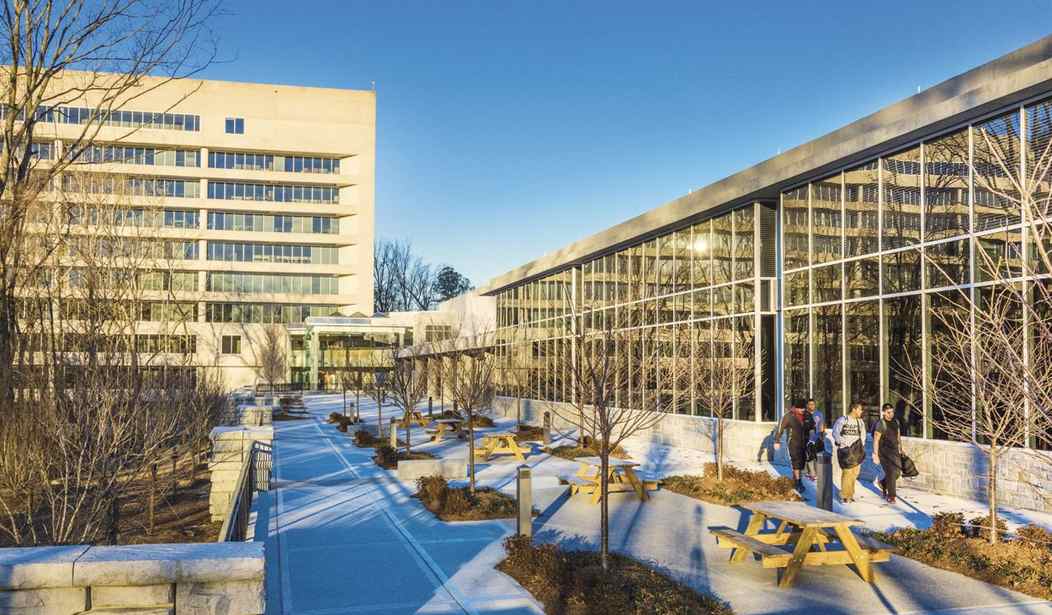Editor's Note: This piece was authored by Janson Q. Prieb.
When are schools going to reopen? That’s the question on a lot of people’s minds. And with fears of a second wave of the pandemic giving way to the rumor that the first never even ended, it’s a legitimate question. With our education system in such a state of limbo already, now’s a good time for our leaders to take a moment to ensure they’re offering students and parents the educational opportunities they want.
Recent data suggests 42 percent of parents would send their kids to private schools if they could. Governments need to respond to this shift by enhancing school choice policies that will improve children’s education. In particular, they should look to expand access to education saving accounts (ESA), an innovation that gives parents more freedom to choose what’s best for their own kids.
Starting in mid-March, schools across the nation shut down in hopes of reducing the spread of the coronavirus, pushing education online. Today, teachers are instructing students largely via video streaming. The transition hasn’t been easy, as learning over a screen is certainly not the norm for many students. Some parents have responded to the difficulty by teaching their own kids, and with positive results.
Some parents even say that homeschooling is preferable because of how it eliminates distractions like bullying and peer pressure. This could be part of the reason why 40 percent of parents are considering homeschool even after the lockdown ends.
And since homeschoolers outperform kids in almost every subject, this is something that deserves a second look. As it stands, around 51 million children currently attend public schools, while only 6 million attend private schools. That’s largely contrary to parental preference for school enrollment according to a recent survey, which showed that, given the choice, 37 percent of parents would send their kids to private schools. The same survey found that 7 percent of parents would homeschool—approximately double the current percentage of homeschooling parents.
Recommended
Parents want the best for their children, and states must innovate to address this discrepancy. Around the nation, states like Arizona and Florida have introduced solutions like vouchers and tax credit scholarships that give greater flexibility to families to better address their children’s educational needs. However, these policies pale in comparison to the impact education saving accounts (ESA) can bring.
Here’s how they work: The government sets money aside into accounts that parents can access to spend on educational expenses. Instead of enrolling their children in public schools, families can use these funds to buy homeschooling supplies or to help pay for private schooling. Already in Arizona, thousands have been able to find better solutions for their children using ESAs. Now, as many families look for options this coming fall, expanding ESAs can help.
Already in North Carolina, legislators allowed certain education scholarships to be used at private schools, while in Utah, lawmakers passed a tax-credit scholarship aimed for children with disabilities. While this is an excellent start, more states need to follow this lead, such as New York, which has expressed interest in changing the status quo when it comes to education.
As uncertainty continues to plague the future of our education system, one thing is abundantly clear: People need more options to succeed. ESAs are one of the best and most sustainable ways parents have to further their children’s education, in and outside the home. It shouldn’t have taken a pandemic for people to realize freedom in education is the right choice.
Janson Q. Prieb is a Young Voices Contributor based in Washington D.C.

























Join the conversation as a VIP Member